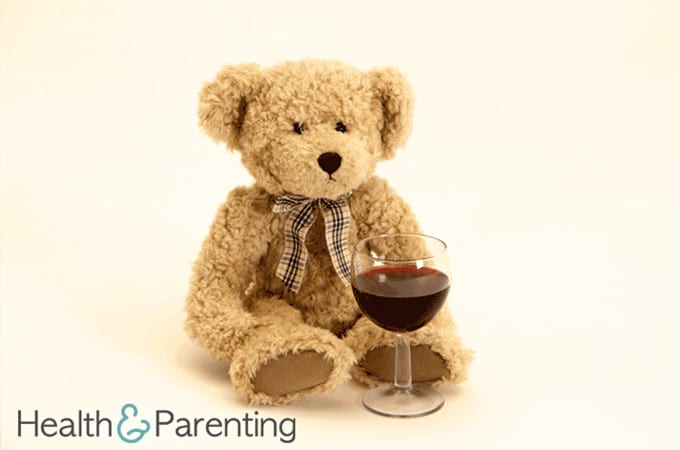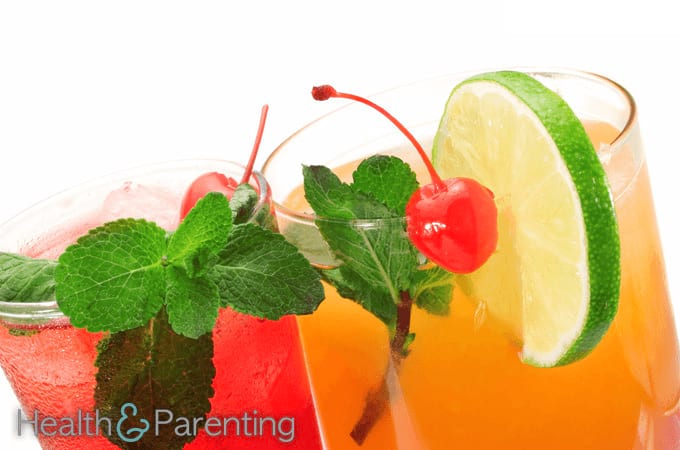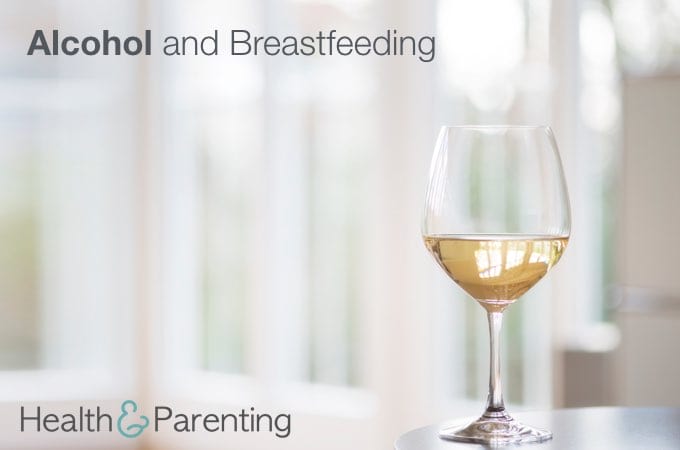Various theories have emerged over the years about the effects of alcohol on pregnancy. Certain official recommendations state that pregnant women should totally refrain from drinking alcohol, while others say that moderate or light drinking is acceptable. However, a study found that even moderate drinking during pregnancy can affect the IQ of a child.
How does alcohol affect a child’s IQ?
After ingestion of alcohol, enzymes will metabolize ethanol to acetaldehyde. However, the differences in the genes of people result to the variations on how enzymes metabolize ethanol. So, people who metabolize ethanol slowly have increased levels of alcohol that last longer than those who metabolize quickly. Experts believe that fast ethanol metabolism prevents damage to the brain development of infants as smaller amounts of alcohol are exposed to the fetus.
About the Study
The researchers used the study data of Children of the 90s (ALSPAC) which was participated by over 4,000 mothers and their children. The trial was first to use genetic variation (Mendelian randomization) in analyzing the effect of moderate drinking (less than 1 to 6 units of alcohol per week) of pregnant women on the IQ of their children. Genetic variation is ideal since every woman has a different DNA, which is not linked with lifestyle factors.
The studies showed that a strong link was found between a lower IQ at 8 years old and 4 genetic alternatives in the genes that metabolize alcohol in the 4,167 children. In each genetic modification of a child, the IQ was found to be 2 points lower in children whose mothers reported moderate alcohol drinking during their pregnancy. On the other hand, this link was not found among children whose mothers did not drink during pregnancy. This indicates that there is no direct relationship between the low IQ of a child and alcohol exposure in the womb.
At week 18, mothers answered questions about the average amount of alcohol consumed and the frequency of alcohol drinking prior to their pregnancy. At 32 weeks, they completed the second survey on average amount of alcohol they had on weekdays and weekends. Those who answered the first survey were considered light drinkers, while those in the second survey were moderate drinkers.
Results
At age 8, the IQ of the children was tested using the Wechslet Intelligence Scale for Children. The results suggest that even at low levels of alcohol consumption, there are differences in childhood IQ. This means that even at moderate levels, alcohol affect the brain development of a fetus.
For many years, experts have known that heavy alcohol consumption can cause birth defects. Now we are learning that even moderate drinking can have subtle effects on children as they grow. Because researchers don’t know how much (or how little) is a safe amount of alcohol to consume when you’re pregnant, they err on the side of caution and suggest all pregnant women abstain from drinking alcohol. Factors that can impact the effects of alcohol on a fetus include maternal metabolism and enzymes, as well as the amount of alcohol consumed. Many doctors leave the decision up to the individual mother, saying that there’s no evidence an occasional drink can harm a fetus. So educate yourself and so you can make healthy choices for yourself and your developing baby.
This information is not intended to replace the advice of a trained medical doctor. Health & Parenting Ltd disclaims any liability for the decisions you make based on this information, which is provided to you on a general information basis only and not as a substitute for personalized medical advice. All contents copyright © Health & Parenting Ltd 2018. All rights reserved.













